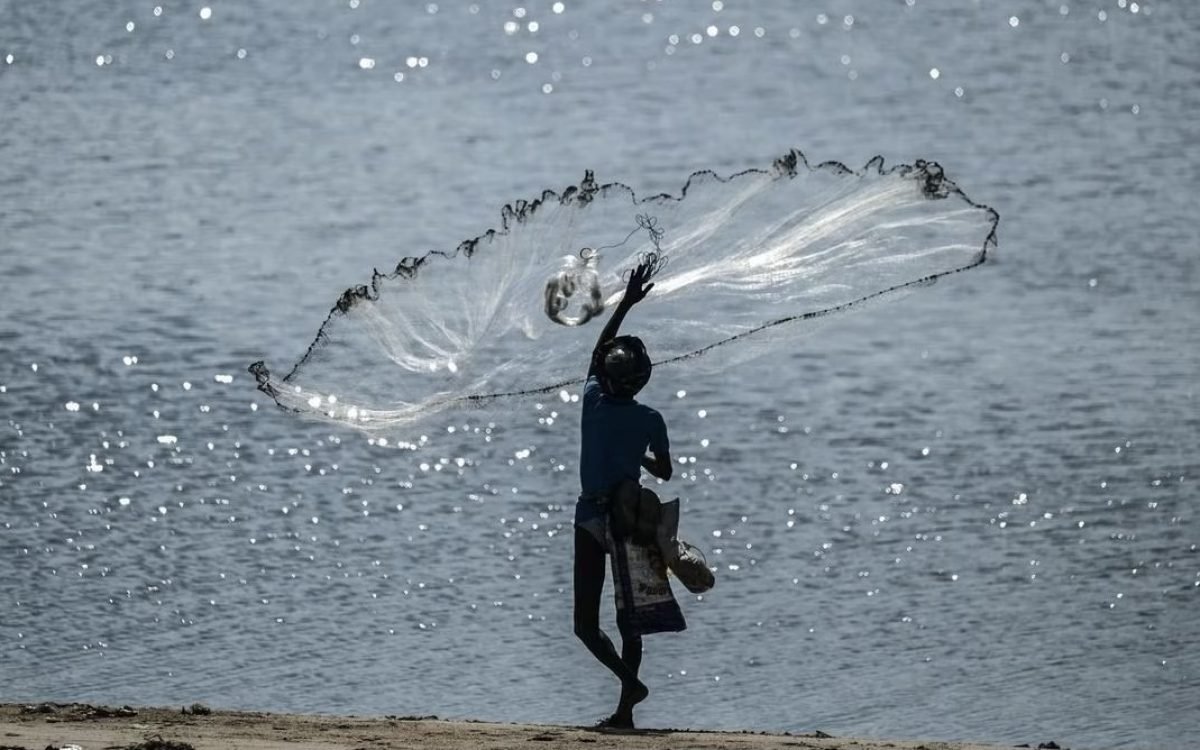As the World Trade Organization (WTO) prepares for its upcoming ministerial conference in Abu Dhabi, negotiations on a new global agreement to address fisheries subsidies have reached a pivotal stage. The draft text, forged through recent deliberations at the WTO headquarters in Geneva, holds the promise of curbing subsidies that contribute to overcapacity and overfishing in the world’s oceans.
India, often portrayed as a challenging voice in trade talks, has emerged as a key player in shaping the discourse surrounding fisheries subsidies. According to trade economist Christine McDaniel, India’s influence in the negotiations is significant, raising important questions about the future of global efforts to promote sustainable fishing practices.
Recent research highlights the top subsidizers of fishing activities, with China, the European Union, the United States, South Korea, and Japan accounting for a substantial portion of global subsidies. Notably, China’s subsidies primarily focus on capacity enhancement, including the construction of larger vessels capable of exploiting vast swaths of marine resources at an accelerated pace.
The proposed agreement represents a significant stride towards combating overfishing and ensuring the long-term viability of marine ecosystems. However, concerns have been raised regarding attempts by certain countries, including India, to dilute the agreement’s effectiveness. McDaniel warns that exemptions for developing countries like India, particularly over a lengthy 25-year period, could undermine the agreement’s impact on global fisheries management.
India’s stance in the negotiations reflects a complex interplay of interests and concerns. While the nation portrays itself as a victim of overfishing by foreign vessels operating in its waters, evidence suggests that Indian fishers, particularly those in small-scale and coastal communities, bear the brunt of subsidized fishing activities. Thus, India stands to benefit from measures aimed at curbing overfishing and safeguarding local fishing livelihoods.
Moreover, the agreement presents an opportunity for India to demonstrate leadership on behalf of coastal nations and developing countries disproportionately affected by industrial fishing fleets. By advocating for the interests of vulnerable communities and rejecting prolonged transition periods, India can position itself as a champion of sustainable fisheries management and global environmental stewardship.
As negotiations unfold, the outcome of the fisheries subsidies agreement holds immense significance for the future of marine conservation and the livelihoods of millions dependent on fishing activities worldwide. With India’s pivotal role in shaping the dialogue, the international community looks to the WTO ministerial conference as a watershed moment in the quest for a more sustainable and equitable approach to managing the world’s oceans.









